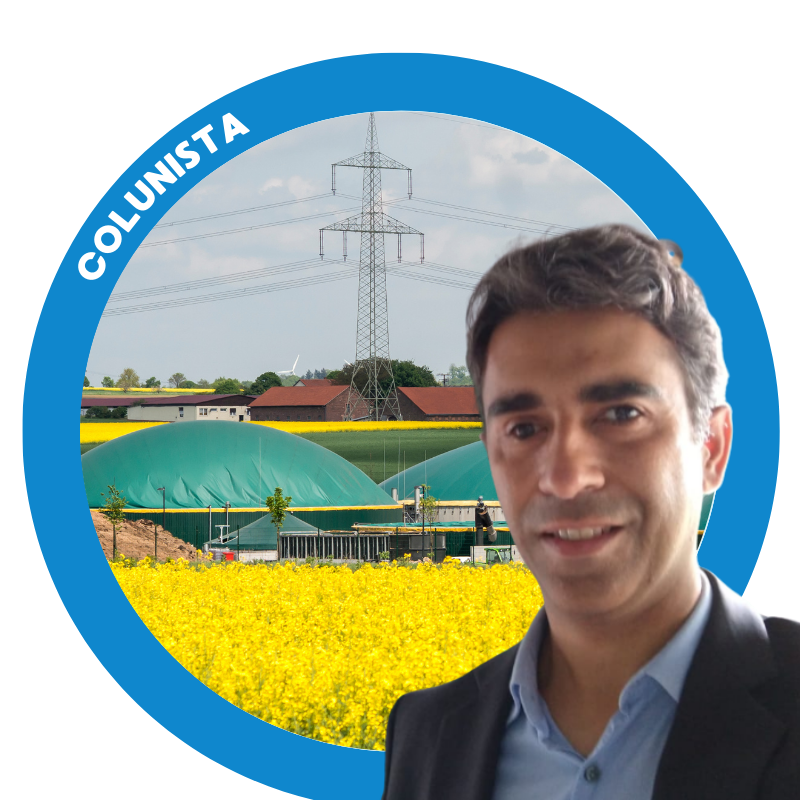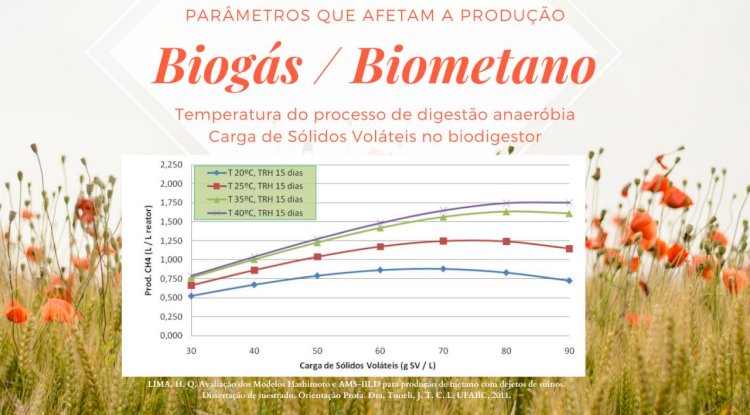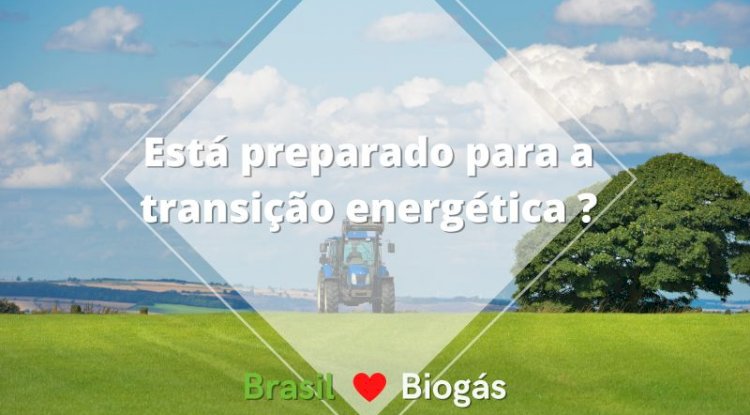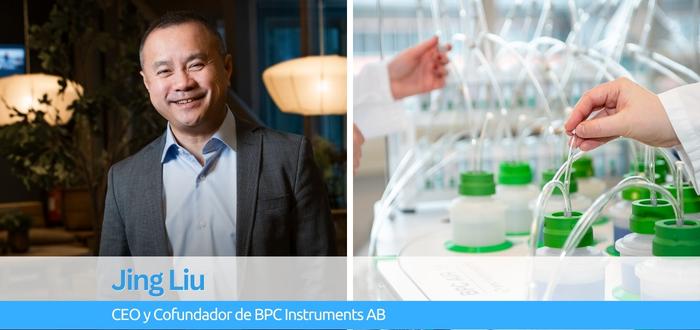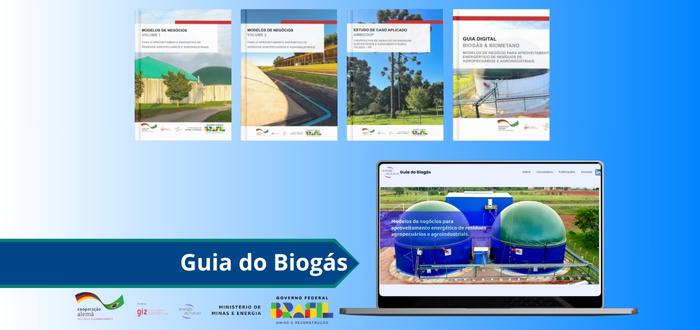Biogas in Action: Practical Experiences for Curious Students
Importance of Practical Teaching on Biogas for Elementary and High School Students and Teachers
Introduction
The learning process is a fascinating journey, full of discoveries and opportunities to explore new horizons. In the context of education, it is crucial to provide students with practical experiences that inspire them, challenge them, and encourage them to develop essential skills for the contemporary world. In this context, practical teaching on biogas emerges as a powerful tool to engage elementary and high school students and teachers in a journey of multidisciplinary and interdisciplinary learning.
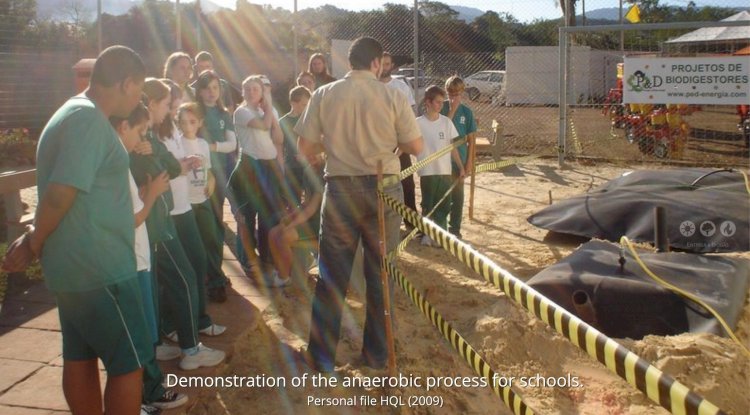
What is Biogas and Anaerobic Process: A Brief Introduction
Biogas is a renewable fuel obtained from anaerobic decomposition of organic waste, such as food scraps, animal manure, and agricultural residues. This process occurs in the absence of oxygen and is carried out by microorganisms that convert the waste into gases such as methane (CH 4) and carbon dioxide (CO2).
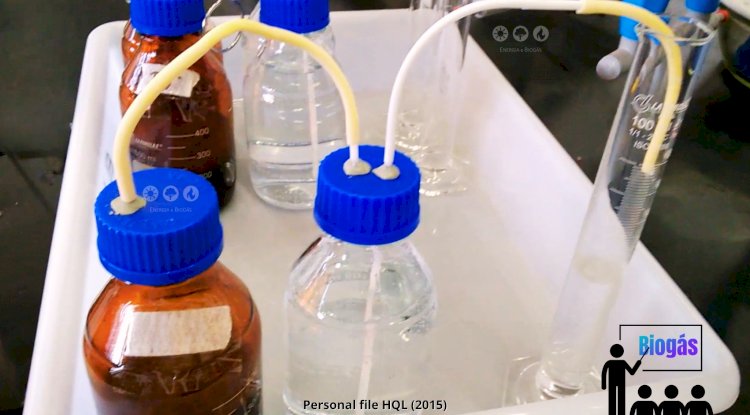
Importance of the Topic in the Classroom
Bringing the topic of biogas into the classroom is fundamental for several reasons. Firstly, it allows students to understand the natural cycle of organic waste and its transformation into a source of clean and renewable energy. Additionally, it opens space for discussions about sustainability, waste management, and environmental impact. Lastly, it enables the development of practical skills and encourages critical and creative thinking.
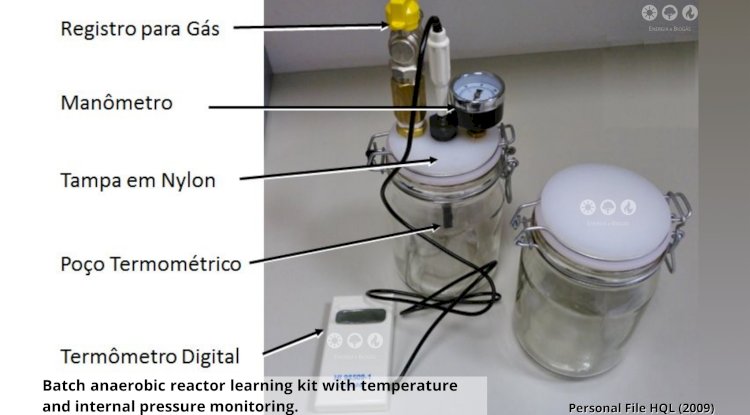
Practical Activities: A New Learning Perspective
Practical activities about biogas have the potential to transform students' perception of scientific processes. By assembling and operating small biodigesters in the classroom, students directly experience the biogas production process, observing gas formation and understanding the principles of anaerobic decomposition.
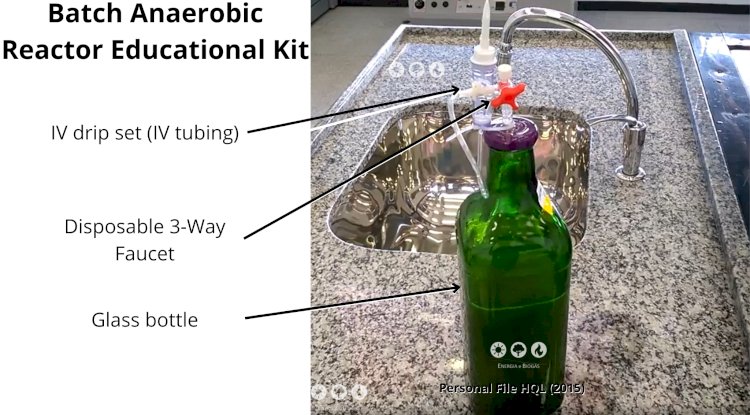
Multidisciplinary and Interdisciplinary Approach
Teaching about the anaerobic process and biogas production can be integrated in a multidisciplinary manner, connecting to students' curricular framework across various areas of knowledge. In biology, students can study the microorganisms involved in the biodigestion process. In chemistry, they can investigate the chemical composition of the gases produced. In mathematics, they can perform energy efficiency calculations. In geography, they can explore environmental issues related to biogas in different regions of the world. Not to mention the opportunity to work on this theme in physics classes, programming, robotics classes, and maker activities. And so on, encompassing a range of disciplines and promoting a holistic view of the topic.
Encouragement of Curiosity and Innovation
Encouraging students' curiosity and providing them with opportunities to make new discoveries is essential for the development of creative and innovative solutions. The scientific method is a powerful tool that can guide students in this process, empowering them to seek answers to complex questions and develop new technologies that contribute to a more sustainable and resilient world.
Conclusion
In a world of constant transformation, it's essential to prepare students for the challenges of the future by providing them with the tools and knowledge necessary to become active and conscious citizens. Practical teaching about biogas offers a unique opportunity to engage students in a meaningful and inspiring learning journey, connecting them with urgent global issues and empowering them to be agents of change in their communities and beyond.
By encouraging students' curiosity, we provide opportunities for new discoveries and empower them to apply the scientific method in their search for innovative solutions, we are building a more sustainable and promising future for all.
Biogas & Education
At Energia e Biogas Portal, we are committed to supporting teaching and research in the field of biogas.
We offer educational methodologies, specialized courses, and practical guidance for students and educators interested in exploring this promising technology.
We are available to provide support and resources that can enrich the learning experience and contribute to the advancement of knowledge in biogas.
Contact us at [email protected] to learn more about how we can collaborate on your educational or research project.
Together, we can drive innovation and sustainability through biogas.
Did you like the subject?
Want to learn more about biogas in Brazil?
All rights reserved - Energia e Biogas Portal ®.



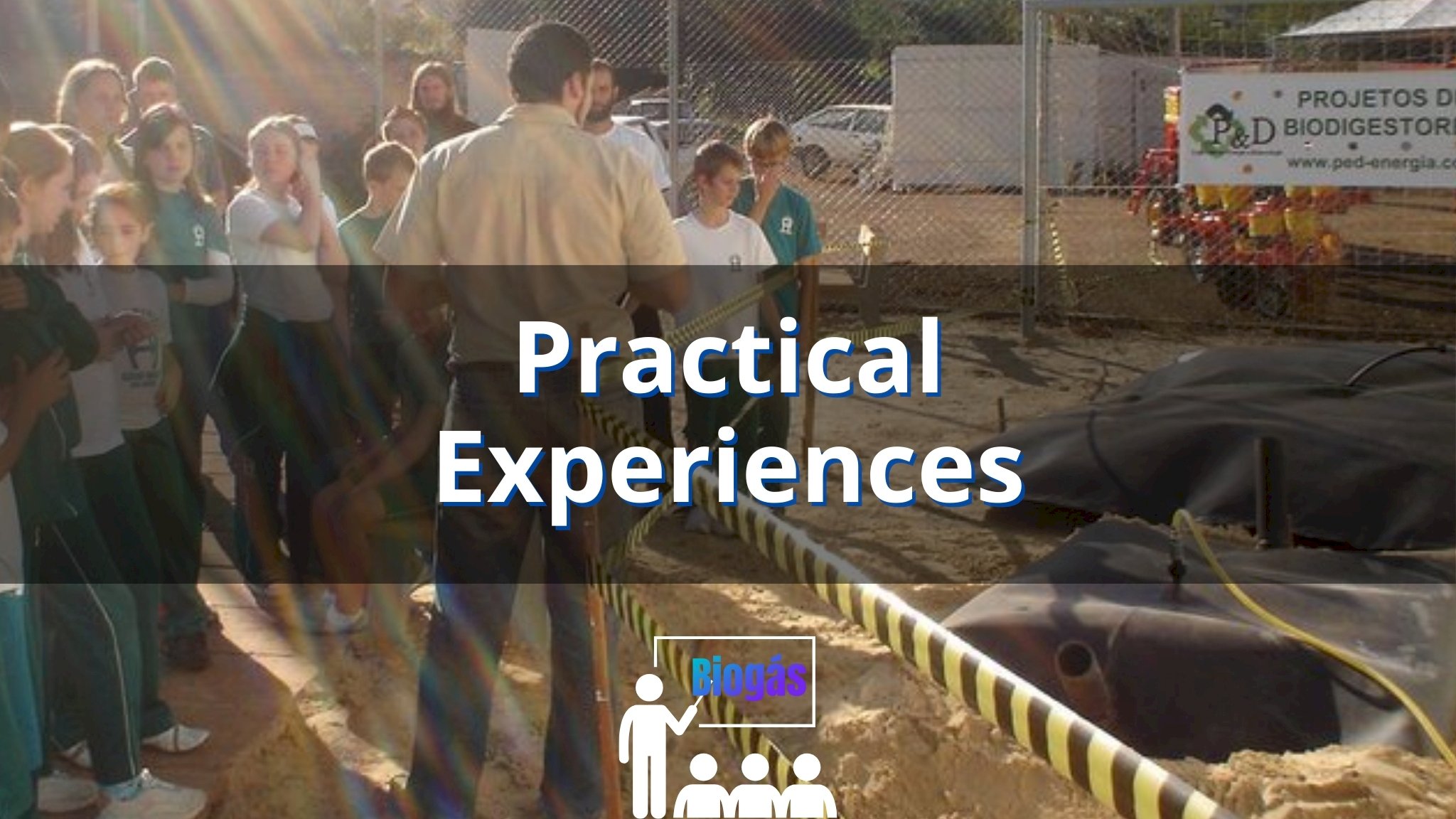
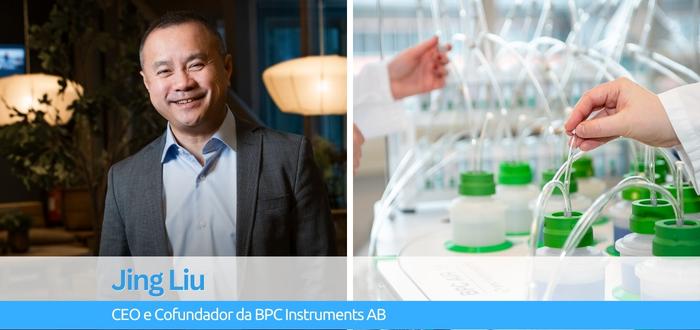 Dados, precisão e decisão: entrevista com Jing Liu
Dados, precisão e decisão: entrevista com Jing Liu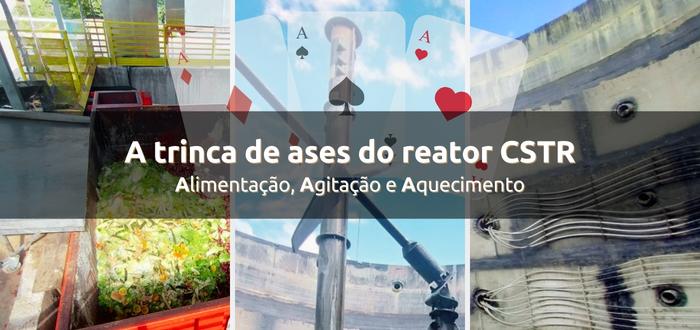 A trinca de ases dos reatores CSTR
A trinca de ases dos reatores CSTR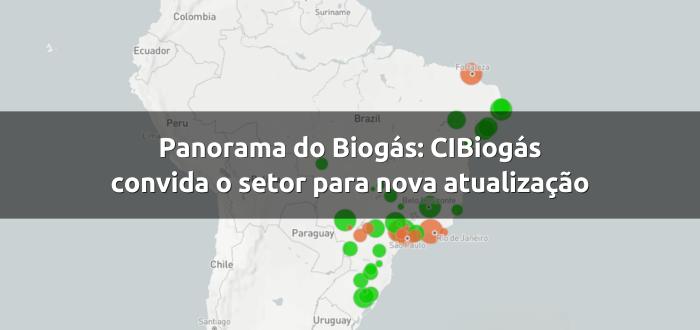 Panorama do Biogás: convite para nova atualização
Panorama do Biogás: convite para nova atualização indicações ao Prêmio Melhores do Biogás prorrogadas até dia 21fev
indicações ao Prêmio Melhores do Biogás prorrogadas até dia 21fev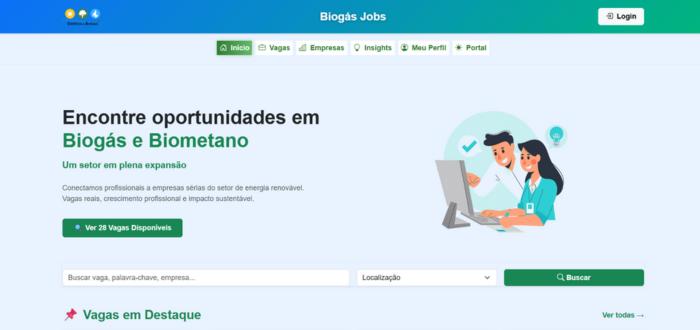 Plataforma Biogás Jobs
Plataforma Biogás Jobs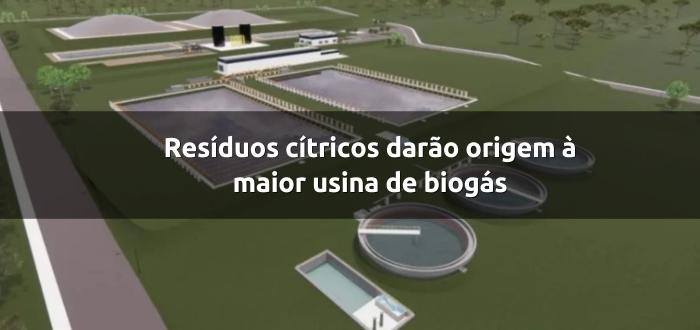 Resíduos cítricos darão origem à maior usina de biogás do mundo
Resíduos cítricos darão origem à maior usina de biogás do mundo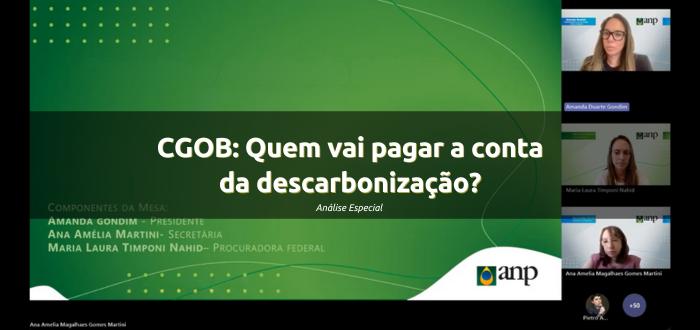 CGOB: Quem vai pagar a conta da descarbonização?
CGOB: Quem vai pagar a conta da descarbonização?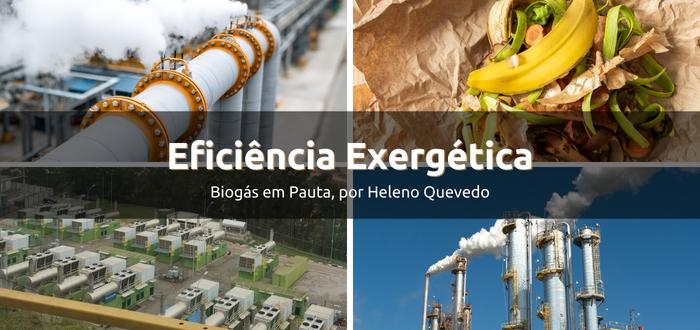 A eficiência exergética do biogás
A eficiência exergética do biogás

